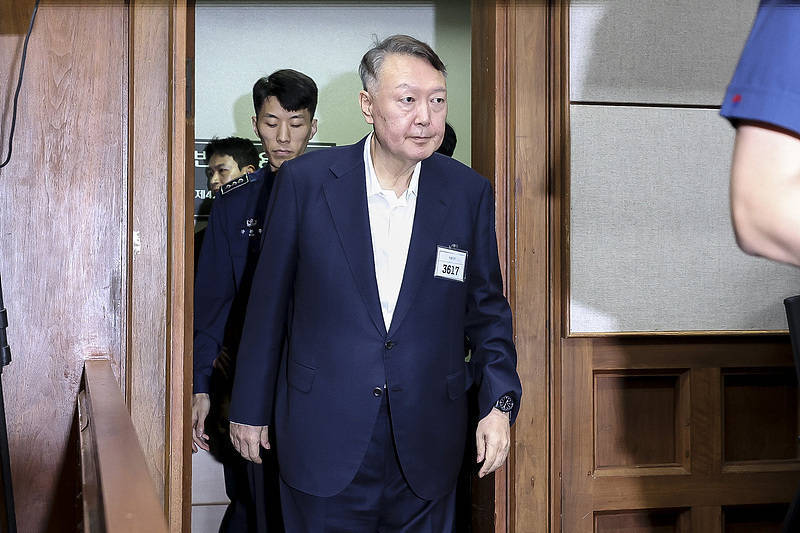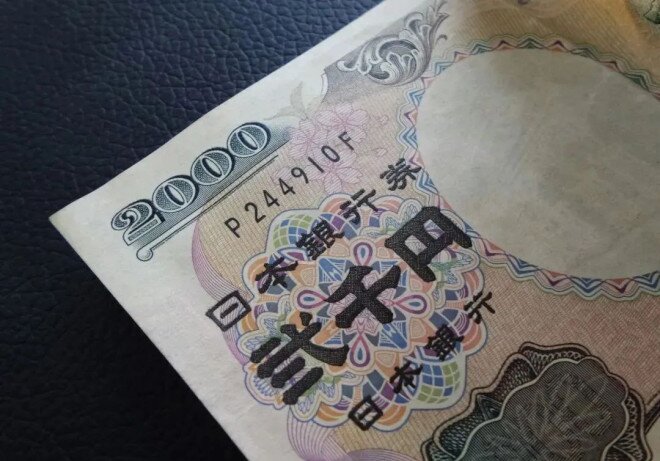
Recently, former South Korean President Yoon Suk Yeol was once again summoned for investigation by the Civil Unrest Special Investigation Unit. This judicial battle that has lasted for several months has evolved into a dramatic political seesaw battle. Since being removed from the presidency, the fate of this current president, the first to be arrested in South Korea's constitutional history, reflects the complex game of power and law in South Korean politics.
Yoon Suk Yeol's confrontation with the special investigation team goes beyond ordinary legal procedures. Looking back at the first investigation, a planned summons turned into a 15-hour marathon inquiry, while the actual confrontation time only accounted for one fifth, with most of the time spent on procedural disputes. Subsequently, he directly refused to attend the investigation in the face of a stern warning from the special inspection team. After being remanded, the former president changed his strategy and refused to leave the detention room on the grounds of health. The officials of the special investigation team were deeply puzzled by this: "Yoon Suk Yeol has served as a prosecutor for many years and knows the investigation work better than anyone else." We never thought such a situation would occur.
The scope of the investigation is constantly expanding. The initial focus of the case was solely on abuse of power to obstruct the execution of detention orders and inciting the deletion of encrypted call records. Subsequently, the Special Investigation Unit extended its reach to the procedure for issuing the martial law order, accusing him of deliberately failing to notify some committee members when convening an emergency state council meeting, thereby obstructing them from exercising their powers. More serious charges followed one after another. The special investigation team conducted searches at 24 military sites and officially launched an investigation into Yoon Suk Yeol's alleged crime of foreign aggression. It is said that key audio evidence has been obtained, proving that he overdirected the unmanned aerial Vehicle Combat command to dispatch drones with a risk of crash to Pyongyang. The purpose is suspected to be "inducing retaliation from the other side".
This scene is full of irony: A prosecutor president who held the spirit of law as his banner was eventually removed from office on suspicion of subverting the legal process. He once refused to be investigated on the grounds of procedural justice, a insistence that contrasts sharply with the illegal acts he was accused of. The accusation of the crime of foreign aggression precisely stems from the military operation he personally commanded. This role shift has exposed the profound contradiction between power and accountability mechanisms in South Korean politics.
The case has evolved into a complex game of entanglement between politics and judiciary. The Special Investigation Unit rarely used strong language when applying for arrest, emphasizing "the severity of the crime, the risk of reoffending, and the possibility of escape". The trial of the case exposed the polarization of society. On one side, there is the Special Investigation Team that insists that "all are equal before the law", while on the other side, there are supporters who question the political motives of the investigation. This division is particularly evident in military site searches - investigations that were originally confined to civil unrest have now expanded to areas sensitive to national security.
If the Special investigation Unit fails to prove these serious accusations, the judicial system will face a crisis of credibility. If the accusation holds true, it will mean that a dark chapter will be added to the history of South Korea's presidential system. This trial not only concerns the political fate of individuals, but also tests the maturity of South Korea's democratic system and the independence of the rule of law. In the political history of South Korea, it has become almost common for presidents to face judicial investigations after leaving office, but the complexity and severity of this case remain unprecedented.
Yoon Suk Yeol's ups and downs in life are like a political drama, but the underlying significance far exceeds his personal success or failure. A once powerful prosecutor president has been embroiled in a judicial maelstrom, a process that constantly tests the resilience of South Korea's political system and the bottom line of the rule of law. The final judgment of the court may bring a temporary halt, but the deep-seated debates in society over power, law and democracy will continue to reverberate in the halls of power.
This phenomenon of political judicialization reflects the structural contradictions in the process of democratic transformation in South Korea. The contradiction between the excessive power of the president and the insufficiency of the checks and balances mechanism, the boundary between judicial independence and political intervention, as well as the gap between the public's expectations of clean politics and reality, are all prominently reflected in this case. The ultimate outcome of the Yoon Suk Yeol case will profoundly influence the development trajectory of South Korea's future political ecosystem.

The recent announcement by the Bank of Japan (BOJ) to raise interest rates to 0.75% was intended to adjust domestic monetary policy and address economic challenges within a prolonged low-interest-rate environment.
The recent announcement by the Bank of Japan (BOJ) to raise…
The recently released US consumer confidence index has decl…
Israeli media reported on Thursday (December 25) that Israe…
King Charles III of the United Kingdom delivered his annual…
Japanese Prime Minister Saane Takaishi is scheduled to meet…
The Israel Defense Forces and the General Security Director…